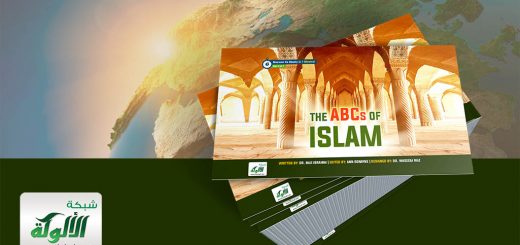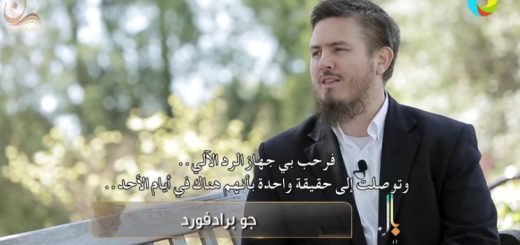A Whole Life-Pattern
The Qur’anic definition of moral righteousness and virtue depicts a whole life-pattern that may not be reduced or adulterated. According to the Qur’an, moral behaviour is essentially a function of the total human person or spirit. And by ‘spirit´ the reference is here to the dynamic unity of body and mind, of vitality and rationality, of the emotional and the intellectual. In every function of the human spirit the whole person is involved and not merely one part or one element. All elements of man´s being participate in every moral decision and action. In this sense righteousness admits of no division: it is an expression of the total personality of a man. This becomes clear when we concentrate on the first part of the verse in which moral worth or value has been negated in respect of a particular type of action performed ritualistically. Whereas the positive declaration starts with the words ‘righteous is he …….´ or ‘righteousness is of that person …….´
Matter (or desire) is not an anti divine principle from which the soul has to be liberated. Islam leads man towards a consciousness of moral responsibility in everything he does, whether great or small. The well-known injunction of the Gospel: ‘Give Caesar that what belongs to Caesar, and give God that what belongs to God´ has no room in the ethical structure of Islam, because Islam does not allow a differentiation between the ‘moral´ and ‘practical´ requirements of our existence. Hence the intense insistence on action as an indispensable element of morality. Moral knowledge, according to the teachings of the Qur’an, automatically forces a moral responsibility upon a man. A mere Platonic discernment between right and wrong, without the urge to promote the right and to destroy the wrong, is a gross immorality in itself.
Moral righteousness, according to the Qur’an and the teachings of the Holy Prophet, is an organic whole. Every single element of it appears living and meaningful when intact with the basic underlying grid, the life impulse of ‘Iman´. When we take out a part, we negate and nullify the entire edifice of righteousness. To pass a moral judgment on a man, we shall have to take into account his total behaviour, character and beliefs, not just a few discrete actions.
The Qur’an places equal emphasis on the sensate and the transcendental yearnings of man, and harmonises them; and thus it lays down for humanity a comprehensive Ideal which consists in the cultivation of: (i) Piety based on a dynamic, vibrant and living faith in God, an earnest and courageous pursuit of Truth, and an ever-present consciousness of Final Accountability; (ii) sound and comprehensive Morality; (iii) social, economic and political Justice; and, finally, Knowledge in all its dimensions, all of these resulting in the conquest of harmful and vicious propensities within the individual, the conquest of evil within the society, and the conquest of the treasures of physical environment or Nature. In the pursuit of this Ideal, moral virtue, love for humanity, truth, justice, beauty, discipline and progress are the watchwords, while the concept of Unity permeates the entire movement towards the Ideal.
The range of morality in Islam is so inclusive and integrative that it combines at once faith in God, religious rites, spiritual observances, social conduct, decision making, intellectual pursuits, business transactions, habits of consumption, manners of speech, and all other aspects of human life. Because morality is such an integral part of Islam, the moral tone underlies all the passages of the Qur’an and the moral teachings are repeatedly stressed in various contexts throughout the Holy Book. Every Qur’anic moral principal is mentioned either as a single significant principle or as an element of a total system of morality, which itself is an element of a complete religious super system. The basic morals of the Qur’an are meant to help the individual to develop his personality and cultivate his character in the most wholesome manner, to strengthen his bonds and consolidate his association both with the Creator and the creatures. The Qur’anic ethic is not simply an abstract ideal conceived just for nominal adoration or a stagnant idol to be frequented by admirers every now and then. It represents a code of life, a living force manifest in every aspect of human life.
Number of View :2120














